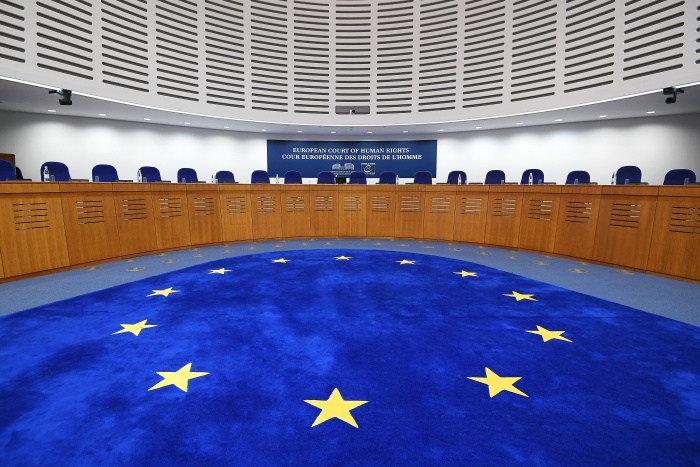The European Court of Human Rights (ECtHR) stated in a decision on July 10 that Article 220/7 of the Turkish Criminal Code (TCK) governing the crime of supporting a terrorist group without membership in it was “interpreted extensively” and that its application was not “foreseeable.”
The ECtHR ordered Turkey to pay €7,500 in compensation to Abdulcelil İmret, an official from the now-closed Democratic People’s Party (DEHAP) who was sentenced by a local court to six years, three months in prison for participating in allegedly outlawed Kurdistan Workers’ Party (PKK)-related public gatherings between Feb. 19, 2005 and Feb. 16, 2006.
İmret’s lawyer, Erkan Şenses, stated that his client was initially charged with disseminating terrorist propaganda but that during the trial the prosecutor changed the charge to aiding an armed organization, and the court ruled accordingly, Bianet reported on Thursday.
According to the ECtHR judgment, the applicant, who filed a petition with the court in 2010, “argued that the domestic courts had interpreted Article 220/7 extensively. He considered that he could not have foreseen that his participation in the public gatherings and expressing his opinions during those events would lead to his prosecution and conviction for aiding an illegal organisation and membership of that organisation.”
Turkish prosecutors have referred to Article 220/7 in various cases, including against Cumhuriyet journalists, against human rights activists who had met in Büyükada and several cases related to the Gülen movement after a coup attempt.
Although the movement denied the allegations, Turkish authorities believe they orchestrated the coup attempt on July 15, 2016, after which hundreds of thousands investigations into alleged followers of the movement were launched.
According to the article, a person who is considered to have helped a terrorist group intentionally and knowingly can be charged as a “terrorist group member.”

